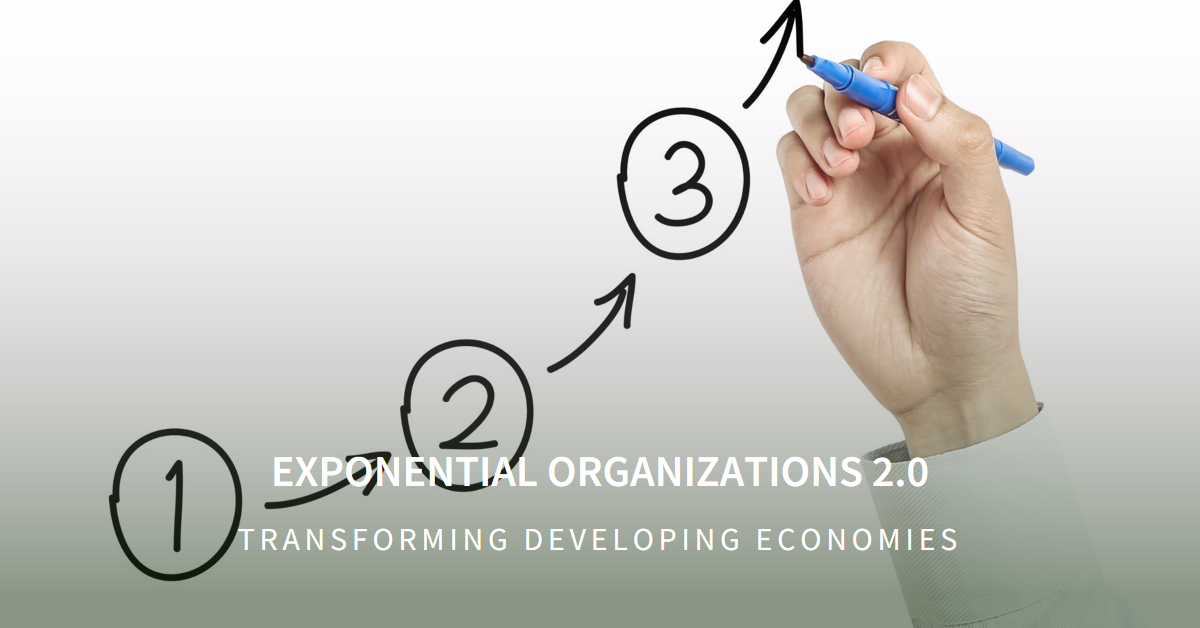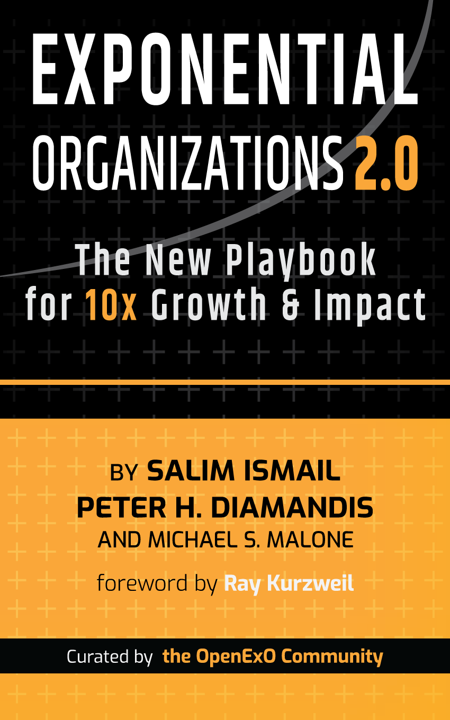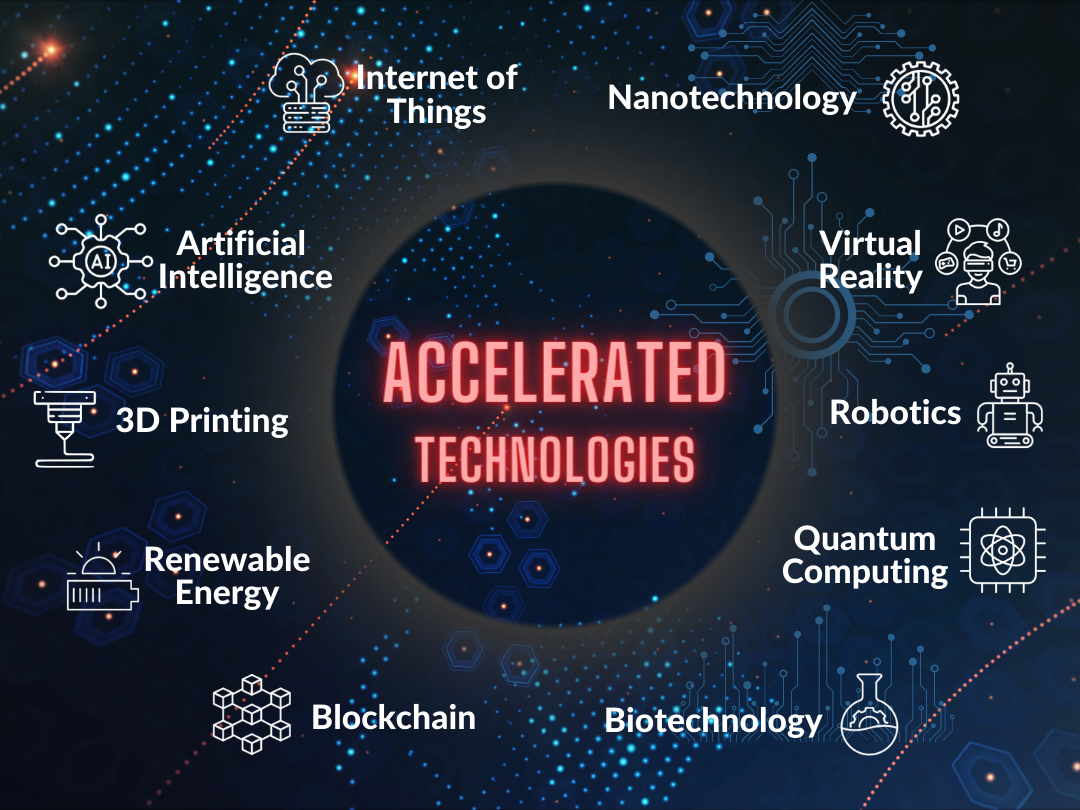August 11, 2023
By Cesar Castro

Discover how Exponential Organizations 2.0 are transforming developing economies, leveraging innovation and technology adoption to drive exponential growth and sustainable development. Explore real-world examples like eTukTuk, a groundbreaking sustainable transportation project, and see how developing markets can leapfrog outdated practices and shape a brighter future.
In our rapidly changing world, developing markets hold tremendous potential for exponential growth and impact. These markets, driven by their hunger for progress and openness to new technologies, can leapfrog outdated practices and embrace innovation. This article explores the power of Exponential Organizations 2.0 (ExO 2.0) in developing economies, showcasing how innovation and technology adoption can drive transformation and sustainable development.
Introduction to Exponential Organizations

As defined in Salim Ismail’s book, exponential organizations are companies that leverage new technologies and organizational structures to achieve unprecedented growth and impact. These organizations operate in a world of abundance, empowered by technologies like AI, big data, and blockchain. Through disruptive approaches, they reshape industries and tackle grand challenges.
Accelerating Technology Adoption in Developing Markets
In the context of developing economies, the concept of Exponential Organizations becomes even more significant. These markets, often constrained by limited resources and outdated infrastructure, have the potential to embrace and adapt to new technologies rapidly. With a hunger for progress and sustainable development, they present a unique opportunity to leverage innovation.
My firsthand experience within the ExO ecosystem and the Fastrack Institute has allowed me to witness the transformative impact of technology adoption in cities like Medellin and Bogota, Colombia. Despite emerging markets with lower GDP per capita, these cities have demonstrated remarkable resilience and a willingness to embrace cutting-edge solutions. By inspiring and empowering citizens, we have witnessed the emergence of scalable and cost-effective approaches to address critical urban challenges.

Solving Urban Challenges in Developing Markets
Our initiatives in Medellín and Bogotá focused on addressing urban challenges that hindered residents’ progress and quality of life. From mobility and health to financial inclusion and air quality, we injected knowledge and technology to empower these cities to adapt to rapid technological change.
Through collaborations, impactful projects such as Omnivida (now Cielum) emerged, providing preventative health solutions through technology. Colective.io, another project, optimized data sharing and mobility management by drawing inspiration from nature.
These initiatives showcased the possibility of developing markets to create groundbreaking solutions with profound societal implications by bringing well-being to millions of people and generating sustainability in health systems. Meanwhile, Colective.io enhances efficiency, sustainability, and connectivity within communities.
Leapfrogging Industrial Practices through Innovation
The ExO 2.0 book highlights the ability of developing markets to leapfrog outdated industrial practices and embrace new technologies. An excellent example of this phenomenon is M-PESA, the mobile phone-based money transfer service launched in Kenya. By bypassing traditional banking infrastructure, M-PESA enabled financial inclusion and economic participation for millions.
Another notable example is OYO Rooms, an Indian hospitality disruptor that leveraged technology and data analytics to revolutionize the budget hotel industry. These success stories demonstrate that developing markets can foster innovative business models and drive exponential growth and impact.
Harnessing Exponential Organizations 2.0 for Development
Developing markets possess a unique advantage in embracing exponential growth and impact. With less rigid organizational cultures and hierarchical structures, they can readily adopt new technologies and approaches. This article delves into Exponential Organizations (ExOs) 2.0 and showcases eTukTuk—an innovative automotive project developed on Cardano in a developing country—as a compelling example.
Exponential Organizations 2.0 emphasizes that developing markets need not unlearn decades of industrialization. Instead, they can leverage their adaptability to leapfrog outdated practices and embrace innovative strategies. Kenya and India have already demonstrated this potential.
Case Study: eTukTuk and Sustainable Transportation Solutions
eTukTuk, announced at the World Economic Forum in Davos, Switzerland, in January 2023, exemplifies an Exponential Organization in a developing country. This project, built on the Cardano platform, focuses on developing sustainable transportation solutions for urban areas. ETukTuk combats air pollution and establishes an affordable, eco-friendly transportation network by manufacturing electric vehicles and reducing reliance on fossil fuels.
eTukTuk manufactures three-wheeled electric vehicles (EVs) and currently operates in Sri Lanka and Cambodia, with expansion plans. The project’s primary objectives are to reduce the number of traditional internal combustion engine (ICE) vehicles on Sri Lankan roads, combat air pollution, and establish an affordable transportation network that breaks away from fossil fuel dependency.
By leveraging the Interface attribute of an ExO, eTukTuk utilizes new electric and battery technologies to create a sustainable mode of transportation. The adoption of EVs helps eTukTuk achieve zero emissions, significantly reducing CO2 emissions and related health issues. This initiative aligns with the ExO mindset of employing new technologies and approaches for exponential growth and impact.
Furthermore, eTukTuk may also leverage the Autonomy attribute by operating independently and efficiently with its fleet of electric tuk-tuks. Additionally, the project potentially utilizes Social Technologies by employing peer-to-peer collaborative tools, facilitating transparent, real-time conversations with customers and communities.
Conclusion
Developing economies hold immense potential for exponential growth and impact. Through the lens of Exponential Organizations 2.0, these markets can leverage innovation, technology adoption, and disruptive business models to overcome longstanding challenges. By embracing new possibilities and fostering collaboration, developing markets can position themselves as leaders in the global economy.
Projects like Cielum, M-PESA, and eTukTuk showcase the potential of developing markets by adopting innovative approaches and technologies to solve critical challenges. As we continue to empower cities and regions, the convergence of technology, knowledge, and ambition will shape the future of developing economies.
By embracing exponential thinking, developing countries can make significant strides in sustainable development, creating a brighter and more prosperous future for themselves and the world.